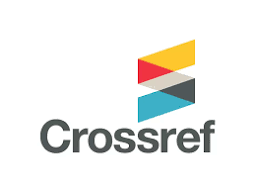Role of Vascular Endothelial Growth Factor Expression in Sub-typing of Breast Carcinoma
Keywords:
Breast Cancer, Immuno-histochemistryAbstract
The detection of subtypes of breast cancer based on their molecular features has brought new scope in breast cancer work.
Some key regulators of angiogenesis and tumor infiltration were evaluated in breast carcinomas of basal phenotype
(cytokeratin [CK] 5+). Immunohistochemical analysis with 14 primary antibodies was performed in 200 formalin-fixed,
paraffin-embedded samples of invasive ductal carcinomas. CK5 correlated with indicators of poor outcome, including
precocious age, high histological grade, lymph node positivity, advanced pathologic stage, negativity for hormonal receptors,
and a high proliferative rate (Ki-67 labeling index). CK5 also correlated with vascular endothelial growth factor (VEGF)
expression. Considering that VEGF-over-expressing neoplastic mammary cells display increased proliferative activity in vitro
regardless of the angiogenic effect of VEGF, the differential expression of VEGF might contribute to the more aggressive
behavior of these neoplasms. CK5 correlated with tissue inhibitor of metalloproteinase (TIMP)-1, but not matrix
metalloproteinase (MMP)-1, MMP-2, extracellular matrix metalloproteinase inducer, TIMP-2, or plasminogen activator
inhibitor, indicating that antiproteolytic stimuli might be preponderant in these neoplasms.
Downloads
Published
Issue
Section
License
Readers may “Share-copy and redistribute the material in any medium or format” and “Adapt-remix, transform, and build upon the material”. The readers must give appropriate credit to the source of the material and indicate if changes were made to the material. Readers may not use the material for commercial purpose. The readers may not apply legal terms or technological measures that legally restrict others from doing anything the license permits.

